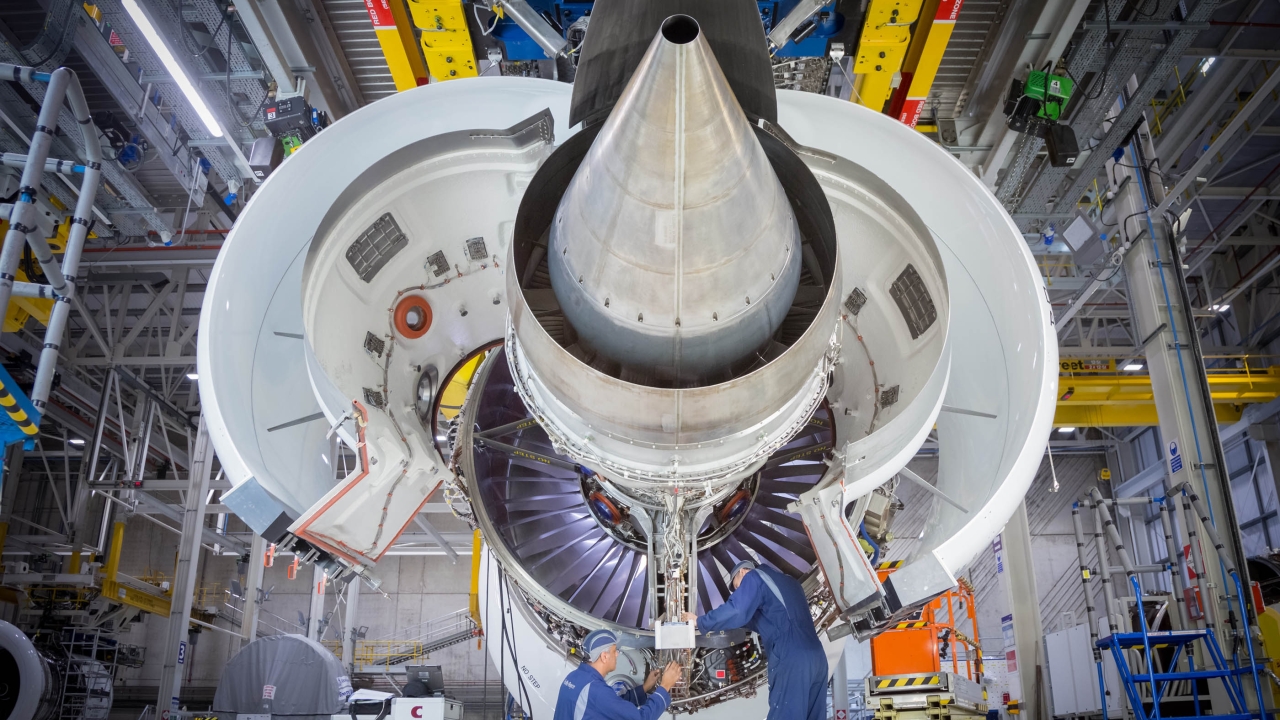Air Algérie starts to punch its weight again
Faced with the opening up of air freight to national private operators as part of the government’s new economic orientation, Air Algérie has taken measures to adapt to the new environment. Anuradha Deenapanray and Vincent Chappard report.

According to Abdelghani Zaalane, the Algerian Minister of Public Works and Transport, Air Algeria cannot fully respond to all the demands of economic operators willing to export their products.
Addressing the finance committee of the National Assembly, he justified the decision to accelerate the development of the national economy by opening up the air freight market by saying that the national carrier had “limited capacity”.
Opening the air freight market has become essential with the significant increase in non-hydrocarbon exports (3.4% in 2017) and the strong demand from certain African countries.
The measure will raise Algeria’s quota in the world freight market, encourage public and private investment. This will, according to the minister, boost the national economy and create new jobs.
“To date, transportation costs represent 35% of the value of commercial products. We want to bring the figure to 15% by 2025,” explained Zaalane.
Air Algérie must now react quickly and efficiently to be competitive against private operators who can acquire or charter aircraft for their export operations.
The national carrier started to put more emphasis on the freight sector back in 2016, when it created Air Algérie Cargo. Figures for 2017 show an increase of 13% compared to the same period in 2016.
“The opening of the air freight market to competition will be a challenge for us,” admitted Yahia Hassenaoui, CEO of Air Algérie Cargo. “However, it will encourage us to ensure a good level of skills and human resources and maintain efficient equipment.”
The company is convinced that it could “support and benefit these new operators through eventual win-win partnerships and deploy its expertise to boost the expectations of exporters in line with government guidelines”.
Air Algérie Cargo has two aircraft, a Lockheed Hercules HL-382 and a B737-700 QC, entirely dedicated to freight activity. It operates from its Algiers hub for Algeria and Paris Charles de Gaulle and Lyon airports for Europe. There are also plans to add Marseille as a hub.
A B737-800 with a payload capacity of about 22 tonnes will be in service next July. It is part of the company’s action plan to adequately meet the growing demand.
“Air Algérie wants to recover and preserve international market shares and conquer new markets through authorised general sales & service agents (GSSA),” said Hassenaoui.
The sales networks covered by GSSA are: Canada and North America, United Kingdom, Eastern Europe, Spain and Portugal, Asia (China and Korea).
Air Algérie wants to fully participate in the promotion of national production and export. It will also offer international freight-forwarding opportunities from El-Oued, Biskra, Oran, Constantine, Annaba and Hassi Messaoud, in accordance with international regulatory and security standards and requirements.
The carrier is very interested in African and Asian markets. Volumes to these destinations have risen sharply, mainly because of government support to develop the export of Algerian products, an increase in the range of products and the number of exporters, and incentives given to set up logistics platforms.
The company will, furthermore, invest in training, while developing the transit market between Africa, Europe and the Middle East, modernising the operations centre at its hub in Algiers and introducing electronic freight (E-freight) systems.
Despite strong competition, Air Algérie wants “to preserve its position as a historic leader in Algeria” by repositioning itself on the African market and maintaining or even increasing its share of the world market.
Stay up to date
Subscribe to the free Times Aerospace newsletter and receive the latest content every week. We'll never share your email address.

